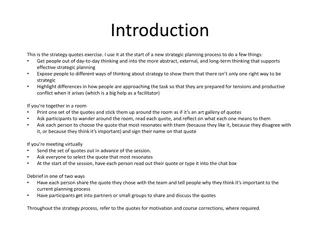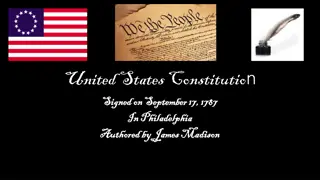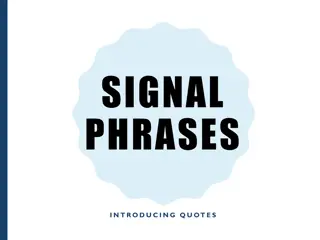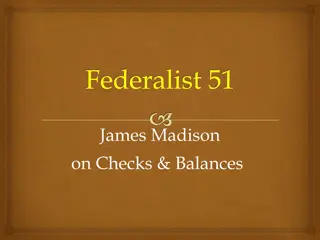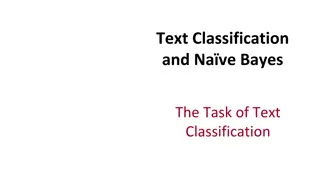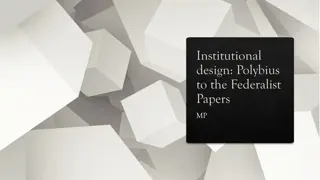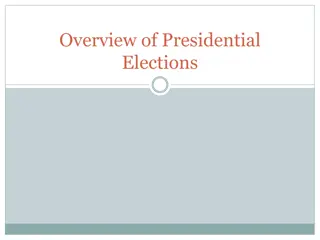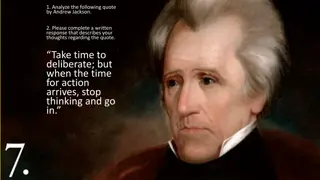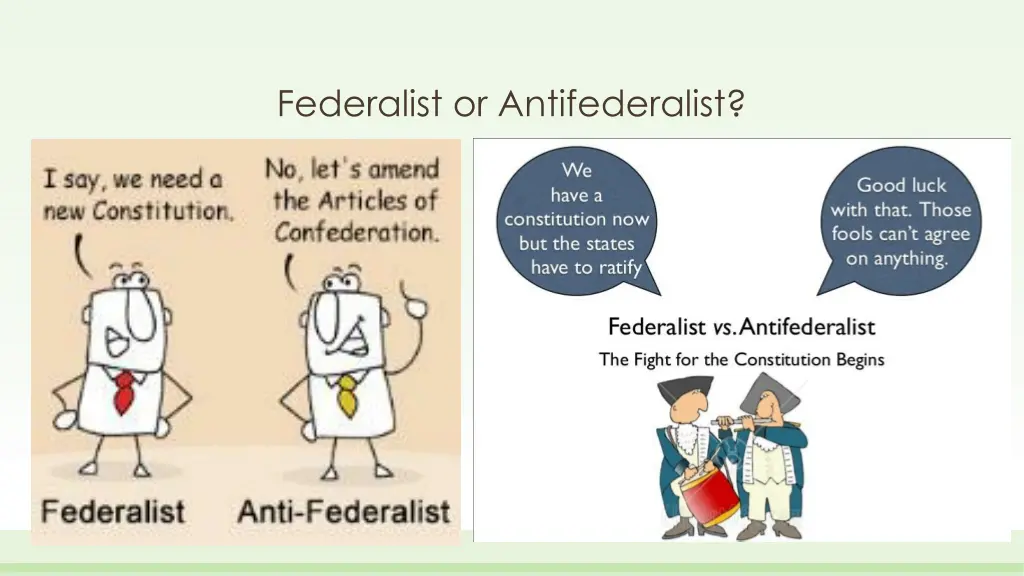
Federalist vs Anti-Federalist: Understanding the Debate
Delve into the historical debate between Federalists and Anti-Federalists during the ratification of the US Constitution. Explore their differing views on central government strength, democratic principles, and the importance of a Bill of Rights.
Download Presentation

Please find below an Image/Link to download the presentation.
The content on the website is provided AS IS for your information and personal use only. It may not be sold, licensed, or shared on other websites without obtaining consent from the author. If you encounter any issues during the download, it is possible that the publisher has removed the file from their server.
You are allowed to download the files provided on this website for personal or commercial use, subject to the condition that they are used lawfully. All files are the property of their respective owners.
The content on the website is provided AS IS for your information and personal use only. It may not be sold, licensed, or shared on other websites without obtaining consent from the author.
E N D
Presentation Transcript
Federalist or Anti federalist Opposed to a strong central government; saw undemocratic tendencies in the Constitution and insisted on the inclusion of the Bill of Rights. Included Thomas Jefferson, James Monroe, and Patrick Henry. Antifederalist
Federalist or Anti federalist supporters of the constitution during the debate over its ratification; favored a strong national government Federalist
Federalist or Anti federalist "...the absurdity must continually stare us in the face of confiding to a government the direction of the most essential national interests, without daring to trust to it the authorities which are indispensable to their proper and efficient management. Federalist
Federalist or Anti federalist "...government...ought to be clothed with all the powers requisite to complete execution of its trust. Federalist
Federalist or Anti federalist "Energy in the executive is a leading character in the definition of a good government Federalist
Federalist or Anti federalist "A bill of rights...serves to secure the minority against the usurpation and tyranny of the majority. Anti federalist
Federalist or Anti federalist "This country should never be split into a number of unsocial, jealous, and alien sovereignties. Federalist
Federalist or Anti federalist "In a majority be united by a common interest, the rights of the minority will be insecure...In a society under the forms of which the stronger faction can be readily unite and oppress the weaker, anarchy may as truly be said to reign as in a state of nature where the weaker individual is not secured against the violence of the stronger. Federalist
Federalist or Anti federalist "States are the characteristics and the soul of a confederation. If the states be not the agents of this compact, it must be one great consolidated national government of the people of all the states. Anti federalist
Federalist or Anti federalist "The states should respectively have laws, courts, force, and revenues of their own sufficient for their own security; they ought to be fit to keep house alone if necessary; if this be not the case, or so far as it ceases to be so it is a departure from a federal to a consolidated government. Anti federalist
Federalist or Anti federalist "The ultimate purpose of good government is security for the natural rights of the individuals. Both
Federalist or Anti federalist "The means of security can only be regulated by the means and the danger of attack. They will in fact be ever determined by these rules and by no others. It is vain to oppose constitutional barriers to the impulse of self preservation. Federalist
Federalist or Anti federalist "The...new form of government...declares a consolidation or union of all thirteen parts, or states, into one great whole...It is an intuitive truth that a consolidated republican form of government will lead...into a monarchy, either limited or despotic. Anti federalist
Federalist or Anti federalist "In a republic, the manners, sentiments, and interests of the people should be similar. Anti federalist
Federalist or Anti federalist "...one government...never can extend equal benefits to all parts of the United States. Different laws, customs, and opinions exist in the different states, which by a uniform system of laws would be unreasonably invaded. Anti federalist
Federalist or Anti federalist "The number of the representatives appears to be too few, either to communicate the requisite information of the wants, local circumstances, and sentiments of so extensive and empire, or to prevent corruption and undue influence in the exigencies of such great powers. Anti federalist
Federalist or Anti federalist "Good government is based on the consent of the governed. Both
Federalist or Anti federalist "Nothing is more certain than the indispensable necessity of government, and it is equally undeniable, that whenever and however it is instituted, the people must cede to it some of their natural rights in order to vest it with requisite powers. Federalist
Federalist or Anti federalist "There must be interwoven, in the frame of the government, a general power of taxation, in one shape or another. Federalist
Federalist or Anti federalist "The accumulation of all powers, legislative, executive, and judiciary, in the same hands, whether of one, a few, or many, and whether hereditary, self-appointed, or elective, may justly be pronounced the very definition of tyranny. Federalist


